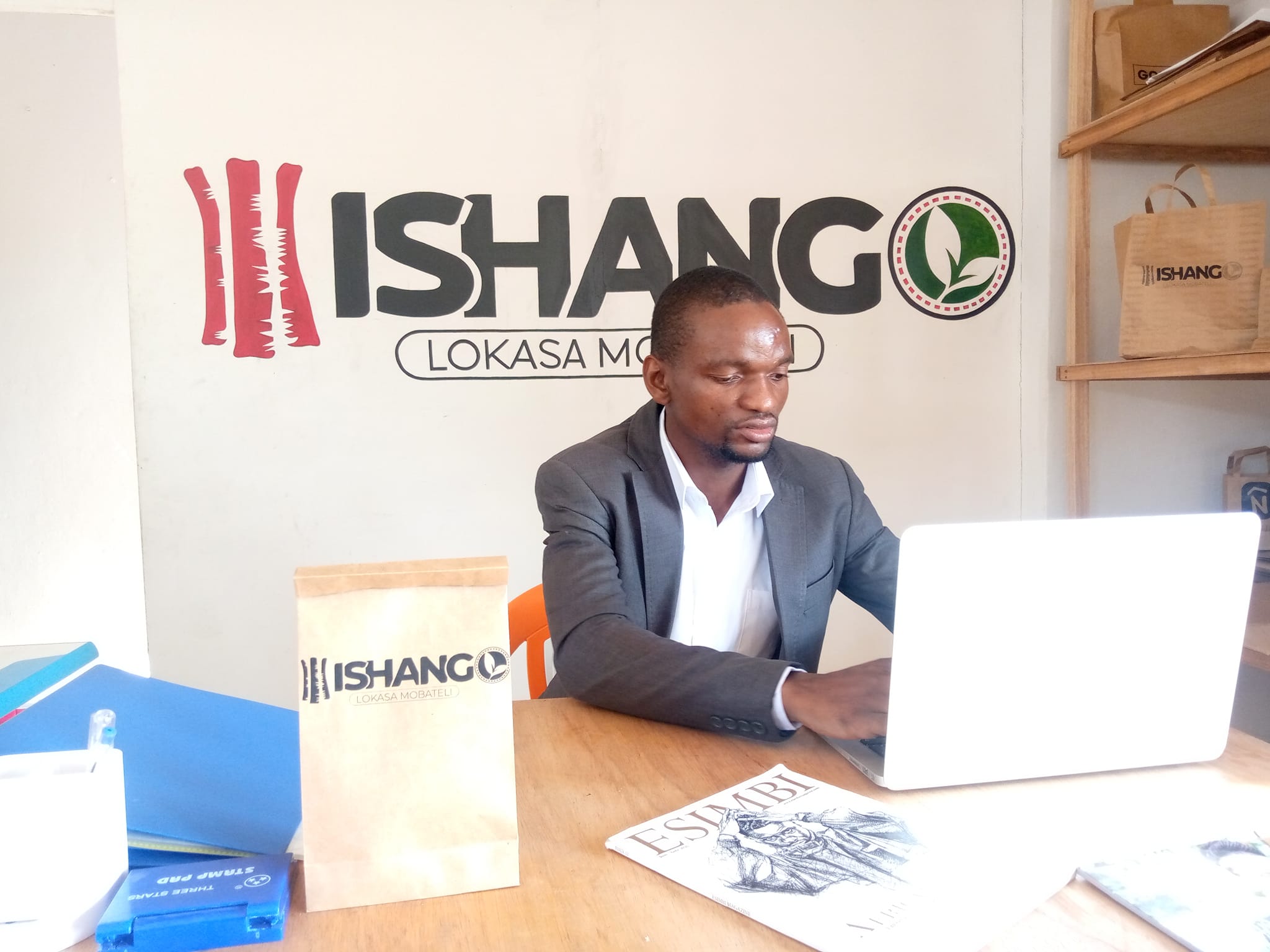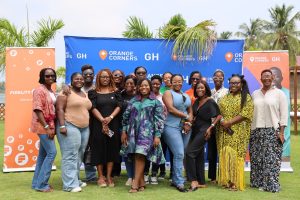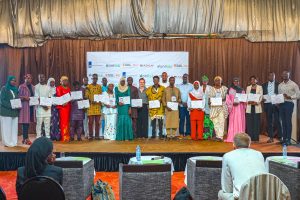President John F Kennedy once said: “Ask not what your country can do for you, but what you can do for your country”
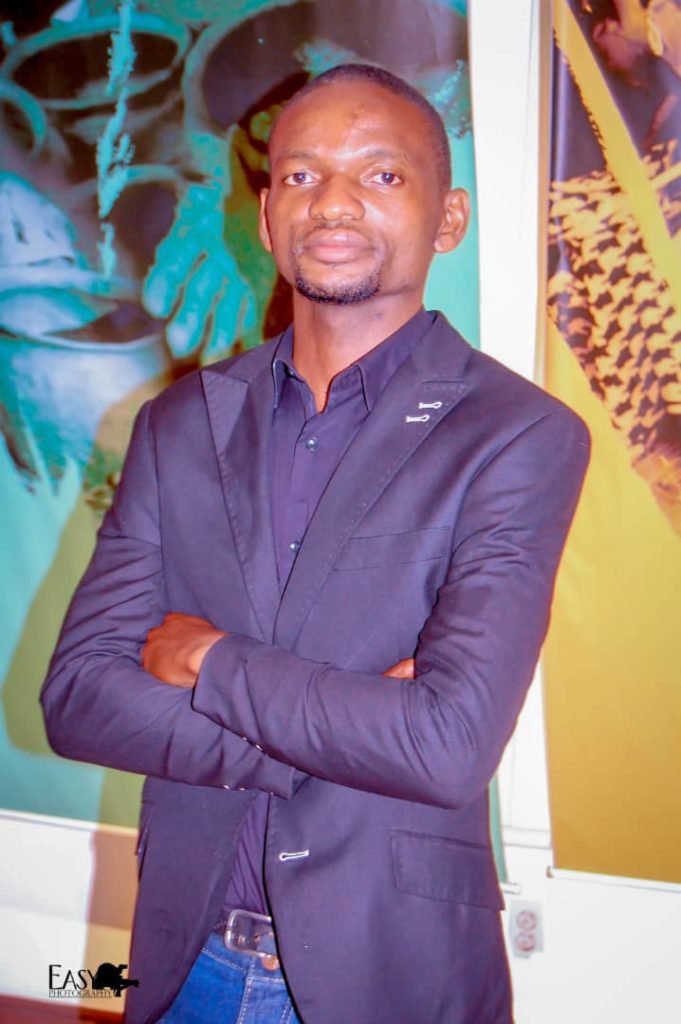
With 7,000 tonnes of waste thrown away daily, including 1,500 tonnes of plastics, Kinshasa its waste is a major source of pollution for the African Great Lakes region. This year, the capital signed an agreement following a governmental order of the République Démocratique du Congo (RDC), banning the import, production, marketing and use of plastic bags and other plastic packaging. This agreement made it strictly forbidden to throw plastic on public roads. This is a great solution for the streets of Kinshasa that are swamped with plastic garbage. But what are the people of Congo going to use instead of plastic (bags)?
The 28-year-old Congolese entrepreneur Yedidia Mbengalikita is a researcher and innovator. He came up with the idea to recover waste and to develop an alternative for plastic bags by transforming vegetable fibers into biodegradable plastic bags. His start-up is called Ishango Lokasa Mobateli. OCHQ asked Yedidia to learn more about his initiative.
What inspired you to build your own start-up?
President John F Kennedy said in his inauguration speech in 1961: “Ask not what your country can do for you, but what you can do for your country”. I was pondering on this statement for a long time, asking myself what I can do for Congo. Being an entrepreneur has been a dream for me since I was a child. When the Congolese government imposed a ban on plastic, I didn’t hesitate for a split second to find a solution for it. I further refined and developed my idea that I created in my bedroom and received support from my parents and siblings. The ideas, projects and ambitions I had in my mind finally took on a concrete form when I launched my start-up.
During the OC programme, we were encouraged to make a business plan, to keep track of our data, and most importantly to identify our goals and objectives.
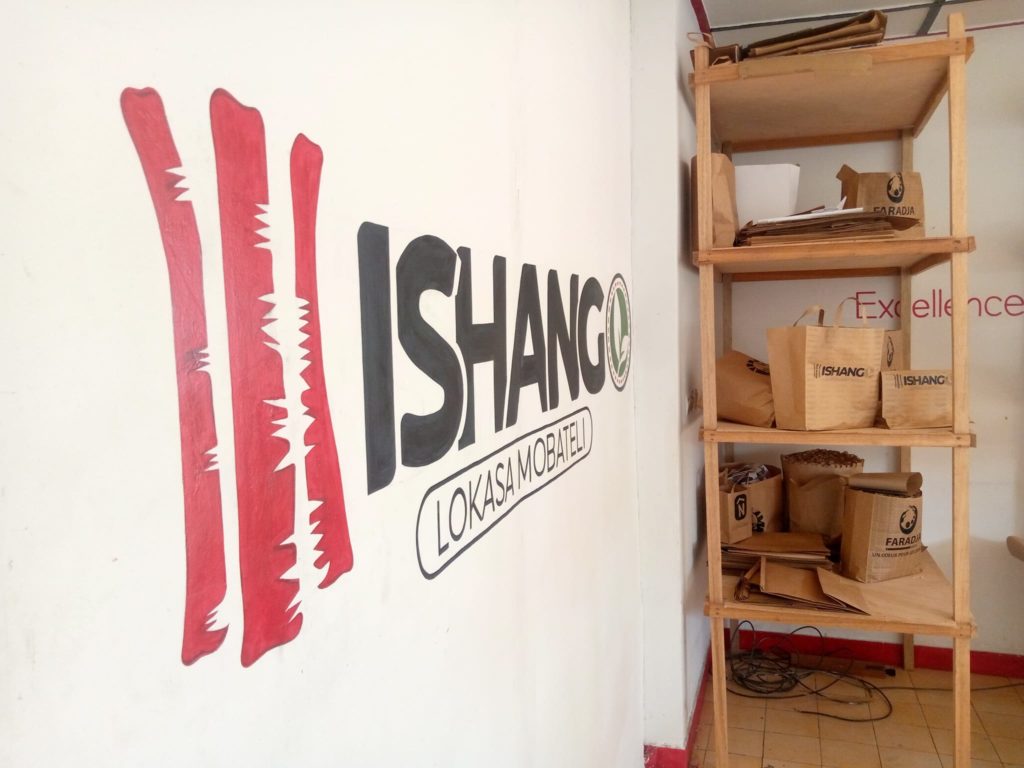
How would you describe Ishango in a couple of phrases?
“Ishango is a startup that hones in on the production and distribution of biodegradable paper packaging. Our eco-friendly bags decay easier than plastic bags, can be absorbed by the soil and can also be converted into compost. They can hold up to 30 kilograms, including wet products, such as oil, and retain heat up to 30 minutes. The strengths of my startup are first and foremost the partnerships I foster: 19 in total, 5 helping me with the start-up’s administration and distribution and 14 for production purposes. Together we can achieve so much more. It is also tremendously advantageous for our community to work together as we create more and more jobs. Some of our team’s other strengths are: innovation, creativity, flexibility, precision and a strong research and development team.”
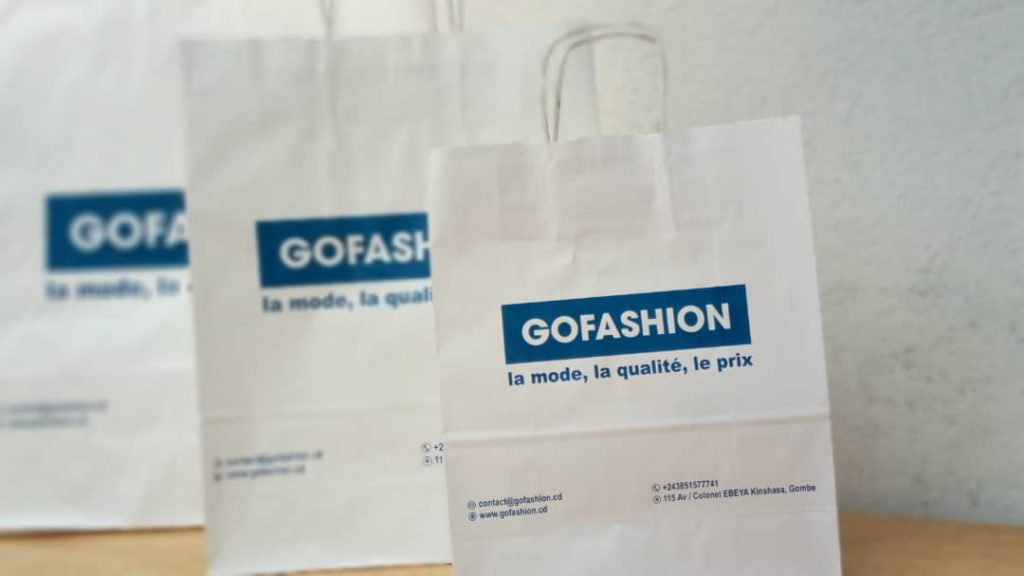
They hold up to 30 kilograms, including wet products such as oil, and retain heat up to 30 minutes
What does the name Ishango Lokasa Mobateli mean?
“The Ishango bone is a table of prime numbers and the second oldest mathematical object in Africa, most prominently the first evidence of a calculator in the world dated as far as 22000 years ago to the Upper Paleolithic era. It was found near the Semliki River in 1960 by a Belgian archeologist. I chose the name as it is an honour to this device, to remember the creativity, imagination and discipline that Congo has to cherish. Lokasa means paper and Mobateli “the one who protects”. All in all, the name illustrates the Congolese identity and the innovative ideas we have in our culture and history.”
When did you participate in the Orange Corners Programme?
“I was an incubatee of the second cohort of Orange Corners RDC. It helped me to work in a creative environment where we were stimulated to continuously learn. I also discovered that I had no idea how to launch my start-up online. We were encouraged to make a business plan, to keep track of our data, and most importantly to identify our goals and objectives. This means outlining precisely what our measurable targets are and setting goals. On a personal level I improved my time management skills. Our turnover soared from 300 dollars from the start of the programme to 8000 dollars at the end of it. So, a lot of achievements to be proud of!”
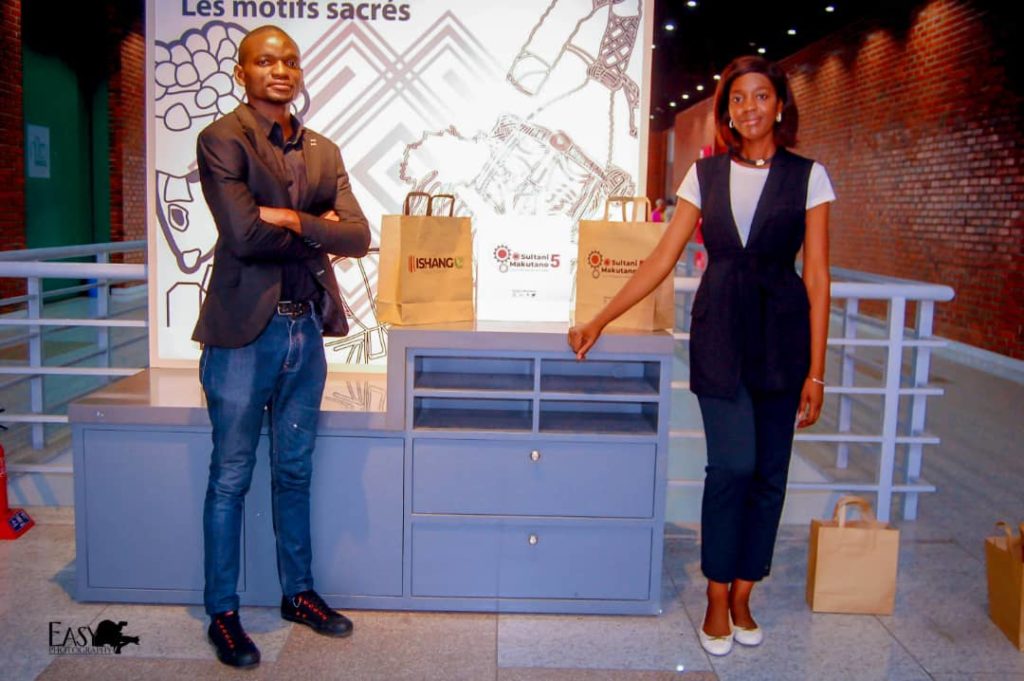
The ultimate goal is to have foreign partnership and to start exporting our biodegradable plastic bags.
What are the next projects that you are working on?
“Currently, we are working to further increase the local production of our degradable paper packaging business. Waste management remains a serious problem in Kinshasa and Congo. But agricultural waste too. Therefore, I wish to transform local agricultural products into flour, such as plantain, sweet potato and other local tuber crops so they don’t go to waste. Additionally, as more than 90 per cent of the population in RDC use charcoal of fuelwood logging as the principal energy source for cooking, I hope to transform the carbon residue into a products that is sustainable, such as charcoal”. The production of activated charcoal can be used for beauty products and food supplements whilst charcoal fibers is suitable for aircrafts, bicycles, and automotive parts. But these early development ideas aren’t fully thought out yet. It all starts with identifying the issues you see around you and trying to solve it, and I hope to do that for the rest of my life.”
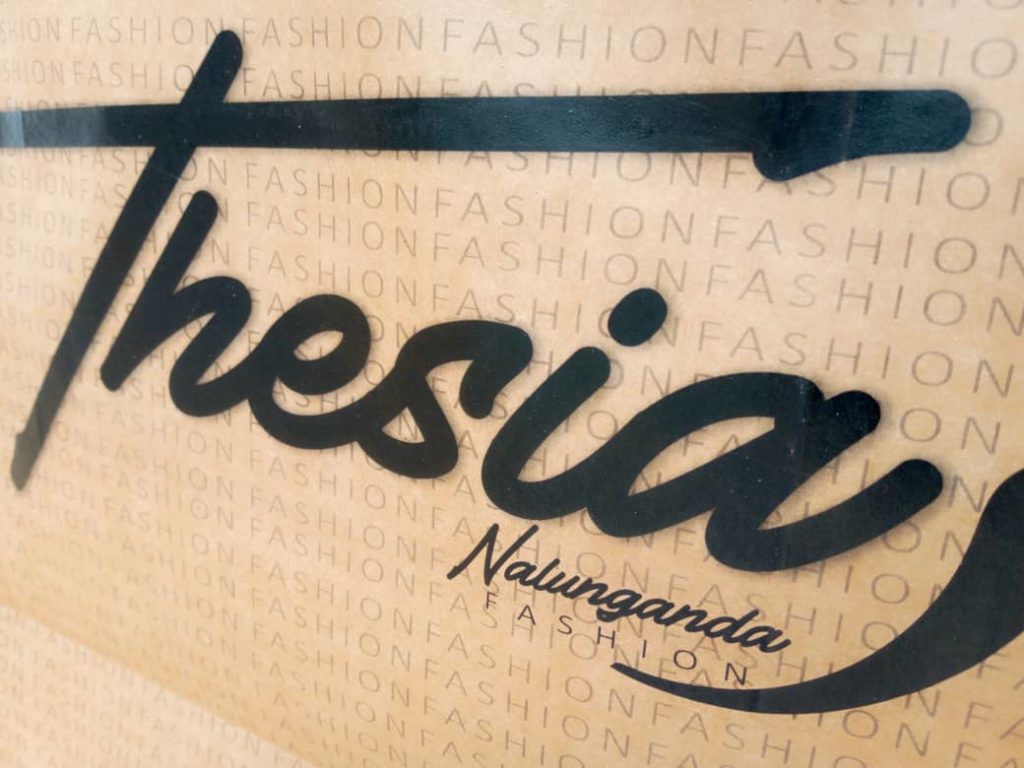
Which difficulties do you face in regard to further developing your startup?
I would like to expand Ishango, to the extent that we receive more orders from other cities than Kinshasa. The ultimate goal is to have foreign partnership and to start exporting our biodegradable plastic bags. Having a bigger team would help us with bolstering the supply chain, so that we can increase our productivity and local employability. But everything has its own time. I am already grateful what my team has been able to achieve until now.”
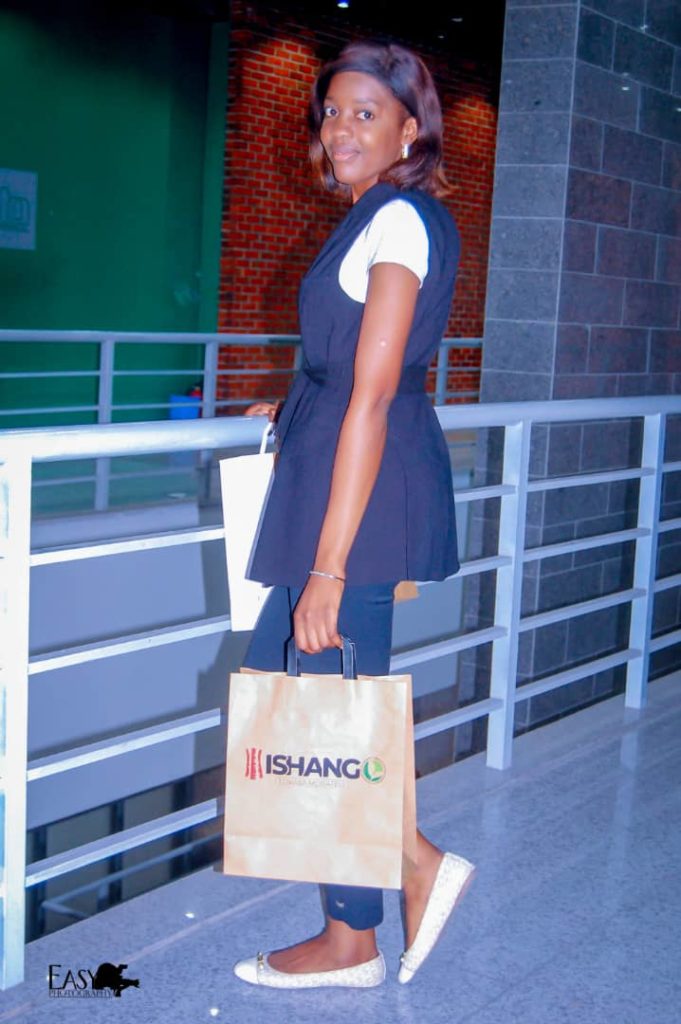
Where do you hope Ishango Lokasa mobateli SAS will be in 5 years?
“I hope to provide more entrepreneurial solutions for the problems that Kinshasa is currently facing. I also wish to create a stimulating environment for the youth to work, collaborate and share their ideas. For us Congolese, I think it is pivotal to find ways that enable us to find and seize work opportunities. I think life is about continuously improving ourselves by developing something instead of relying on (inventions of) other countries. RDC is responsible for creating its own future with the support of its citizens.”
Our turnover soared from 300 dollars to 8000 dollars in the course of the programme. An achievement to be proud of.
What advice would you give young budding entrepreneurs?
“Everyone has the ability to create something. Everyone has dreams. But a dream without action remains a dream. Entrepreneurs try to find ways to turn their dream into reality. It is not impossible.
Everyday, try to think how you could fulfill your dream. Do it step by step. Even though entrepreneurship is not always easy, it is satisfying as your dreams aren’t dreams anymore. Your dreams are your actions you take every day, your results are products of your actions and you help the people around in the course of achieving your dream. At the end of the day, being an entrepreneur is very rewarding. But you have to be very diligent.
I am convinced that the modern nations are measured through their capacity for innovation, science, and technology; by generating ideas that are tackling local and international problems. I hope Ishango will be, in the near future, a powerful and resourceful advocate for providing alternatives for plastic in Congo.”
Find out more about Ishango on Instagram
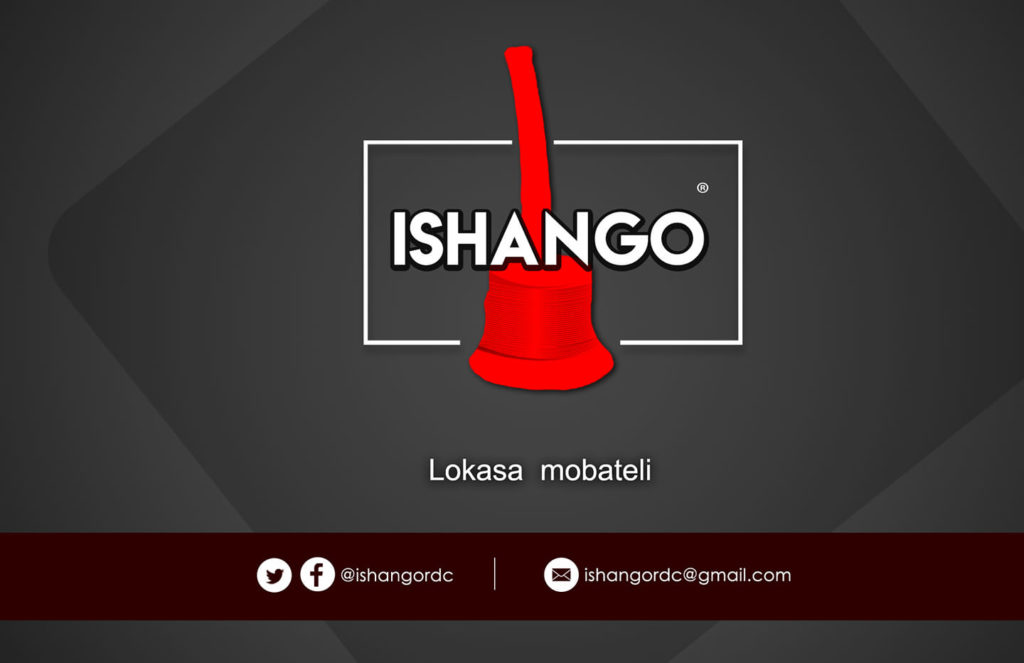
Together we can achieve so much more.

